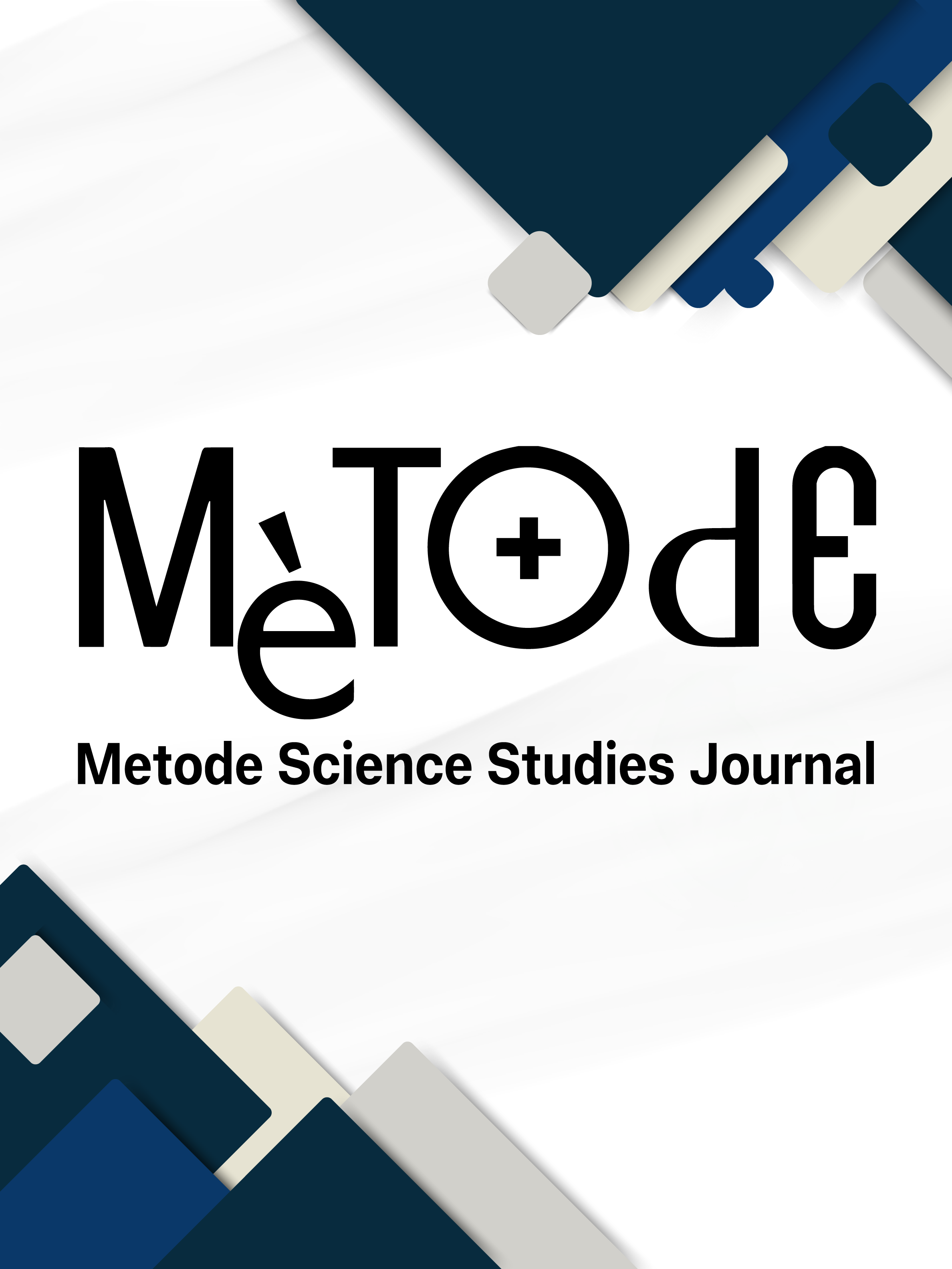Everything is chemistry: Challenges for a sustainable future
DOI:
https://doi.org/10.7203/metode.15.29175 Abstract
Abstract
Learning to transform matter – whether by cooking food or turning minerals into materials for making tools – has been key to the development of human societies. Everything we are and do is in some way chemistry. In the Age of Enlightenment, with the lucid impetus of Antoine Lavoisier and his wife Marie Anne Paulze, this ancient knowledge became a scientific discipline. Like a spark falling on a powder keg, it would ignite the great social transformations of the 20th century. New industries emerged that filled our lives with colourful materials, plastics, with almost infinite uses; developed new generations of medicines that killed off endemic diseases; and provided agricultural inputs – fertilisers and pesticides – that boosted food production on an unprecedented scale. Chemistry has undoubtedly improved our quality of life, but it has sometimes been misused, overshadowing the important role it has played and continues to play in the development of a world that must necessarily become more sustainable.
 Downloads
Downloads
Published
How to Cite
-
Abstract102
Issue
Section
License
![]()
All the documents in the OJS platform are open access and property of their respective authors.
Authors publishing in the journal agree to the following terms:
- Authors keep the rights and guarantee Metode Science Studies Journal the right to be the first publication of the document, licensed under a Creative Commons Attribution-NonCommercial-NoDerivatives 4.0 International License that allows others to share the work with an acknowledgement of authorship and publication in the journal.
- Authors are allowed and encouraged to spread their work through electronic means using personal or institutional websites (institutional open archives, personal websites or professional and academic networks profiles) once the text has been published.





